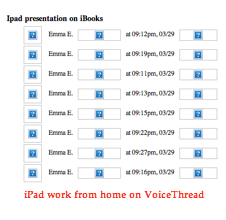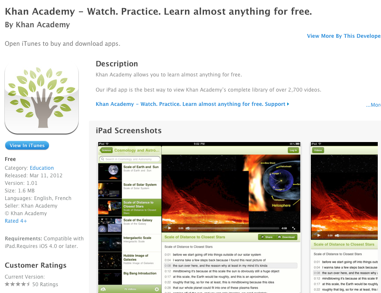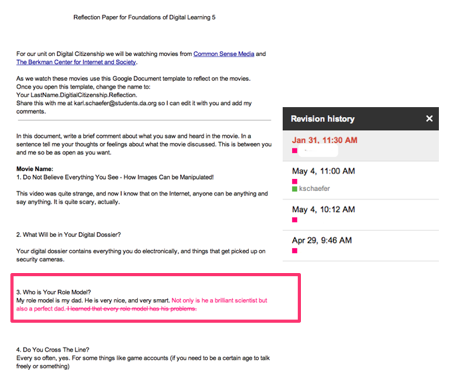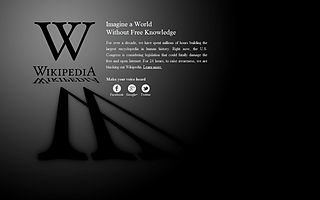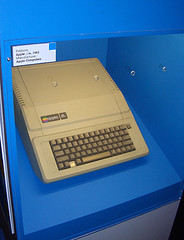
‘3D Team Leadership Arrow Concept‘
http://www.flickr.com/photos/22177648@N06/2137729430
Bill Ferriter teaches only a few miles away from where I teach. Even though we are located in similar numbered zip codes, I have never met him or shared air with him. Yet, I have learned a lot from him by way of his blog, his tweets, his book, and since we are both teachers, his profession. He blogs at The Tempered Radical and I can only imagine what it was like before he became “tempered”. I think his ability and courage to say what is on his mind resonates with me as I too often dance close to the edge but then back away due to a fear of over-reaching or that I may not have all of the facts I need. This may be due to my insecurities or self-limiting thinking, but I struggle with how honest to be sometimes in this blog. I try to promote my ideas, but do not wish to be seen as divisive to my colleagues and others who may read this blog. How to advocate while still being open to ideas is something I try to do in my teaching and in my learning. The balance of tension is hard as too much pull and objects snap and not enough force and they droop.
Our school is beginning to search for a new Headmaster which is why Bill’s last post was of particular interest. I agree with what he shared and hope our next leader possess these traits.
On Wednesday, I’ll have the chance to present to the technology committee of our school district’s Division of Principals. In the process of preparing, I asked my network the ONE bit of advice they thought school leaders interested in driving change in their own buildings needed to hear.
Many of the responses shared the same theme — a theme that was summarized nicely by Tim Wilhelumus, who wrote:
@plugusin Lead with the learning and not with the tools. Always. #wcpsstech #cpchat
— Tim Wilhelmus (@twilhelmus) February 13, 2012
In the end, driving change in schools means remembering that technology alone isn’t revolutionary. Technology just makes it possible for teachers and students to do revolutionary things.
Our choices about technology need to start and end with our beliefs about learning. Forgetting to put learning first in ANY conversation about education is a recipe for failure.
I also loved Jon Becker’s advice:
@plugusin that very few things could be more impactful than them modeling what it is to be a learner.
— Jonathan Becker (@jonbecker) February 13, 2012
Jon’s right, isn’t he? Principals ARE the lead learners in our schools. Your modeling means everything to us — and that includes the example that you set when exploring the ways that new tools and social spaces can change learners.
Finally, Steven Anderson’s point is worth noting:
@plugusin Get connected. Team up with other admin and share and learn and grow, together. It’s how we improve ourselves and our craft.
— Steven W. Anderson (@web20classroom) February 13, 2012
Whatever you do, move forward. Take the digital plunge — and bring some friends! Learn together. Experiment. Figure out what’s possible and what matters. Change your own learning and then start changing the learning in your buildings.
Any of this make sense?

